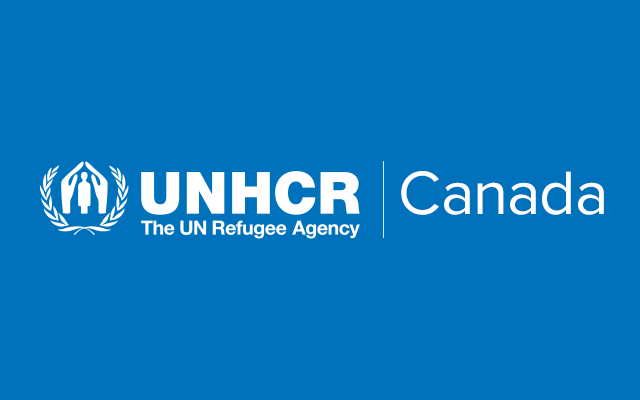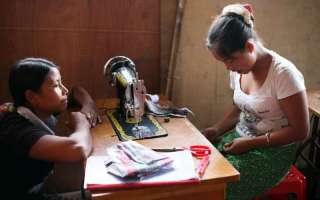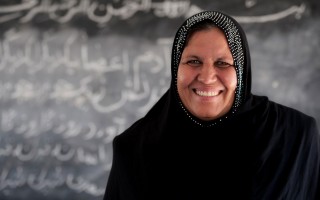At age 15, Ishak bears the weight of his family’s expectations. He’s overcome racial discrimination and the additional challenges of his refugee status to become a school football star, a straight-A student and possibly the first person in the family to complete his education.
“Back home, the kids in pre-school used to tease me for my skin colour,” recalls the Rohingya refugee, whose parents were born in Myanmar’s Rakhine state and now lives in Malaysia. “They called me black and asked why I was there. But the teachers were very supportive and would always explain why that was wrong.”
When he arrived in Malaysia eight years ago, different issues emerged. Refugees have no access to the national education system, compelling UNHCR, the UN Refugee Agency, its NGO partners and refugee communities themselves to support a parallel system of education.
There are now more than 120 community learning centres for refugees and asylum-seekers throughout Malaysia, many of which struggle with limited funding and overcrowded classrooms with few resources. Other challenges include a high turnover of teachers, students who drop out for financial or cultural reasons, and limited opportunities for higher education.
“It’s a lot of money for me to go to school; we have to pay fees, transport, pocket money,” acknowledges Ishak, who studies at a centre in Kuala Lumpur. He notes that his elder brother had to give up school to support the family.
His mother is determined that Ishak must continue his studies: “She believes that education can make life better, but she never asked me to be a doctor or be anything. She said: Be a successful person. Get a degree so that you can stand in public, so that you have your own identity.”
Ishak has made the most of an opportunity too often denied school-age refugees. A report published by UNHCR last month highlighted a crisis in refugee education, in which more than half of the six million school-age children under its mandate have no school to go to.
“Back home, the kids in pre-school used to tease me for my skin colour.”
When the family’s funds ran low, the learning centre first offered a preferential rate for his parents’ contribution, then found a sponsor for Ishak. The centre is run by Dignity for Children Foundation, which runs one of the most comprehensive education programmes for the urban poor in Malaysia, from pre-school to secondary level and vocational training. It also provides the refugees with quality education as part of its provision to the marginalized urban poor.
For Ishak, the learning centre is a second home. In addition to his favourite subjects of mathematics, physics and accounts, he loves that his classmates are from all over the world but also realizes the moment is fleeting.
“I know that my friends are not here forever,” he says. “Some are getting resettled, some are going back to their own country, some just drop out because they can’t afford it. I know that we are all special, and this is a special moment that I have to cherish.”
Ishak is currently in Form 4, a year away from his International General Certificate of Secondary Education (IGCSE) exams. When he graduates, he hopes to return to the learning centre as a volunteer, teaching his juniors or helping in the sports department.
His passion for sports paid off recently when, after six years of training and competing, he helped the centre’s football team to win the Faisal Cup, an annual sports meet between refugee learning centres in Malaysia.
“My dream is to play football for Manchester United.”
“My dream is to play football for Manchester United, my favourite club. If possible I want to represent a country,” he says. “But it will be difficult for me to do that here. I plan to study engineering as a backup, so that I can support myself and my family in the future if I cannot fulfil that dream.”
Thanks to the learning centre, Ishak has a real shot at breaking the cycle of displacement and poverty – options few young refugees have. Out of over 21,000 refugees and asylum-seekers of school-going age in Malaysia, less than half are enrolled at the primary level, while only one-fifth are enrolled at the secondary level.
UNHCR is working with NGOs and communities to strengthen the access, quality and sustainability of informal education for young refugees and asylum-seekers in Malaysia.





